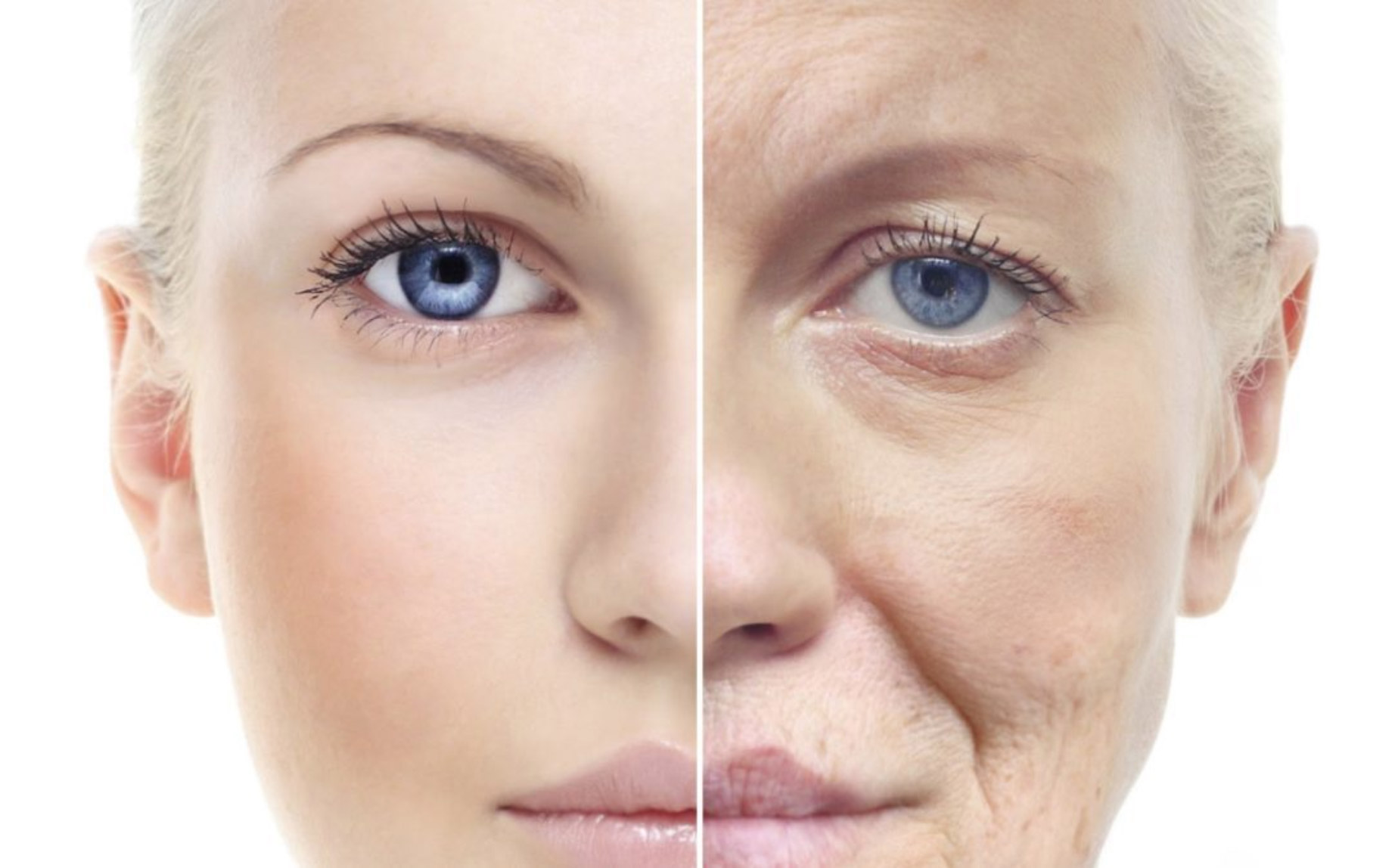
A skincare product must have active ingredients in it to be functional. These components are obtained from two sources: synthetic and natural.
As we become more aware of what we are putting onto our skin, it is important that we know the right ingredients. When it comes to anti-aging skincare, it can be even more challenging to pick the right products and regime.
So, you must be wondering if organic skin care is better or not. Do not worry; we have provided you with a guide.
In this article, we will emphasize natural vs. synthetic anti-aging creams, and which would best suit your skin type.
What Are Natural Skincare Products?
Natural ingredients are those sourced directly from nature. This includes:
- Plants.
- Minerals.
- Other organically occurring materials.
Therefore, these components undergo minimal processing to maintain their natural integrity, often making them preferred for those seeking pure and gentle skincare options.
In addition, there are other ingredients, such as:
- Aloe vera: Celebrated for its soothing and hydrating properties.
- Chamomile: Valued for its calming and anti-inflammatory benefits.
- Essential oils: Widely used for their therapeutic effects and delightful fragrances.
Thus, these ingredients are favored in many skincare formulations because they can nurture the skin with minimal risk of irritation.
What Are Synthetic Skincare Products?
Synthetic skincare products are crafted from artificial ingredients synthesized in laboratories. The structures and functions of natural ingredients inspire these ingredients.
Moreover, these are man-made versions of compounds found in nature, and such products are often referred to as “chemical-based products.”
In addition, synthetic skincare items are divided into active and inactive elements, all produced synthetically.
However, active ingredients, such as antioxidants, niacinamides, and retinoids, directly address specific skin concerns like aging, acne, and hyperpigmentation.
Inactive ingredients, such as fragrances, dyes, and preservatives, serve secondary purposes.
Natural Anti-Ageing Ingredient For Skin
Here is a list of natural anti-aging ingredients for skin.
1. Plant Extracts
At My Health Market, the core belief is deeply rooted in preserving nature’s integrity by utilizing potent plant extracts for skincare.
Through this meticulous process, the brand has efficiently harnessed every beneficial component of plants and herbs, capturing their essence and life force.
Hence, this method ensures that we deliver a magnified plant extract potent enough to enhance the beauty and health of your skin significantly.
2. Antioxidants
Antioxidants play a crucial role in skincare, encompassing various natural ingredients.
Therefore, essential fatty acids and vitamins are among these, and they are fundamental in enhancing the skin’s health and appearance.
Furthermore, the below-mentioned ingredients stand out for their exceptional benefits:
- Rosehip Oil is a powerhouse in the blend. It is rich in essential fatty acids and is celebrated for its therapeutic properties that help rejuvenate the skin.
- Grapeseed Oil: It is celebrated for its capacity to diminish fine lines, offering a more youthful appearance.
- Avocado Oil: It is highly praised for its profound nurturing effects on the skin, ensuring it remains supple and well-moisturized.
- Vitamin E: Helps to prevent wrinkles, heal wounds, makes scars less visible, and reduces age spots. A few drops of this vitamin E with regular moisturizers will revitalize your complexion.
Synthetic Ingredients
Here is a list of synthetic ingredients.
- Retinol: This is a synthetic vitamin A derivative effective in stimulating collagen and reversing signs of aging and cell turnover.
- Enzymes: BHAs, like salicylic acid, and AHAs, like glycolic acids, both fight for dullness and texture of the skin.
Natural vs. Synthetic: Which Is Better?
Below-mentioned are comparisons that will help you better understand the composition between natural and synthetic.
1. For Sensitive Skin
Many turn to natural ingredients for their mildness and minimal processing when dealing with sensitive skin.
Besides the commonly perceived gentleness, it is important to conduct a patch test before using new natural products. This step helps to ensure that even the most seemingly innocuous ingredients don’t trigger allergic reactions.
Remember, because a natural product is not automatically safe for everyone, individual sensitivities can vary greatly.
2. Eco-Friendly Consumer
Prioritizing eco-friendliness often leads people toward natural ingredients when selecting skincare products.
Thus, this preference goes beyond just what is inside the containers. It further encompasses how the ingredients are sourced and the environmental impact of the packaging.
Additionally, numerous natural skincare brands commit themselves to sustainable sourcing practices. This means they carefully choose suppliers that harvest ingredients responsibly, ensuring that ecosystems are preserved and minimal environmental disruption.
3. Targeted Treatment
When focusing on particular skin concerns, such as combating the signs of aging or treating acne, opting for products with specific synthetic ingredients could be more beneficial.
Ingredients like retinol, renowned for its anti-aging properties, and salicylic acid, known for treating and preventing acne, have undergone extensive scientific research.
Choose Natural Skincare Products
Thus, there is a suitable answer for every natural vs. synthetic debate. Both types of ingredients have unique drawbacks and benefits.
Therefore, the key is understanding the skin’s needs and choosing products that align with the skincare values and goals.
So, whether you select synthetic, natural, or a combination of both ingredients, make informed decisions that might lead to a happier skin type.